Back when I was a kid, just before the internet flattened the world, I spent my Saturday afternoons listening to live football on the radio. The signal came and went, voices bobbed up above the waves of static and sank back down into their crackly depths, but the experience was always magical. I clung to the commentators’ every word and watched the ball dance from player to player in my mind.
Probably the most memorable voice was the Northern Irish snarl of Alan Green. Anyone familiar with BBC Radio 5 Live will know his style: irate and indignant, liable to explode at any moment about some mistimed pass or bad tackle — but always, always entertaining.
Green has worked for 5 Live for more than 45 years, but is now being shuffled out by the BBC. In March, he spoke to the Times about the decision: ‘I was basically told “You don’t fit our profile.” I got a fair idea of what they meant by just listening to the output of the last year or so… There are new people in favour. They match the requirements in terms of “bants” — banter with presenters.’
Two months prior, Green’s fellow 5 Live presenter Mark Pougatch was also given the boot. At the time, Sky’s Jeff Stelling tweeted: ‘Sad that his total professionalism will be replaced by someone who is considered to be more in touch with the youth of today, even if they know sod all about football or interviewing. He can’t say it so I will.’
It’s unfair to say the newer generation of BBC presenters ‘know sod all about football’ — most of them are former professional players. But there clearly is a deliberate attempt by the BBC to make its sports coverage more hip and relevant to a younger audience.
Anyone sad enough to trawl the BBC Sport website as part of their daily routine will know what I mean. There are, indeed, the ‘bants’ of Robbie Savage, Chris Sutton and Peter Crouch. There’s ‘The Gaffer Maz’ presenting football challenges — getting the ball to hit ‘top bins’ (upper corner of the net) for instance — with ‘big ballers’ (up and coming players). There’s MOTDx, ‘a brand new magazine programme focusing on the lifestyle and culture of the Premier League’. Even cricket has been updated: highlights on the BBC website are now unwatchable as someone evidently thought the only way to make kids watch the game would be to animate fireworks exploding off the bat whenever it makes contact with the ball.
The BBC seems to think that young kids from different backgrounds cannot make the imaginative leap needed to relate to anyone who doesn’t look or sound like them. As James Purnell, director of BBC Radio, wrote: ‘For us to be able to be relevant for each and every one of our listeners, it’s important that people see and hear themselves reflected in our programmes.’
Is it? Surely one of the best ways to show kids they belong in our society is to give them the opportunity to realise that — hey! — our shared love of sport transcends our differences. Wouldn’t it be great for the young daughter of an immigrant family to laugh at the realisation that some mouthy Northern Irish commentator ranting from the other side of the country feels exactly the way she does about a bad penalty decision?
It seems we’re unable to distinguish between the perfectly admirable goal of increasing exposure to positive role models and the willy-nilly grafting of ‘representation’ on to every single area of broadcasting. I can’t imagine for a second that a young boy listening to the football — one of the most diverse sports — cares that the commentator is an old, white Northern Irish dude. There might be areas where the BBC needed a refresh — but not this one.
The general approach is symptomatic of a wider problem at the BBC: that it has started to stress what divides us rather than what unites us. What impression does it give to, for instance, young black people if you flash (genuine) headlines at them like ‘Can you be black and British?’ while implicitly telling them that older white presenters have nothing to say to them?
The BBC used to help us forget about our identities and immerse ourselves in a number of shared experiences. Now it no longer seems to believe that’s possible.
Got something to add? Join the discussion and comment below.
Get 10 issues for just $10
Subscribe to The Spectator Australia today for the next 10 magazine issues, plus full online access, for just $10.
You might disagree with half of it, but you’ll enjoy reading all of it. Try your first month for free, then just $2 a week for the remainder of your first year.

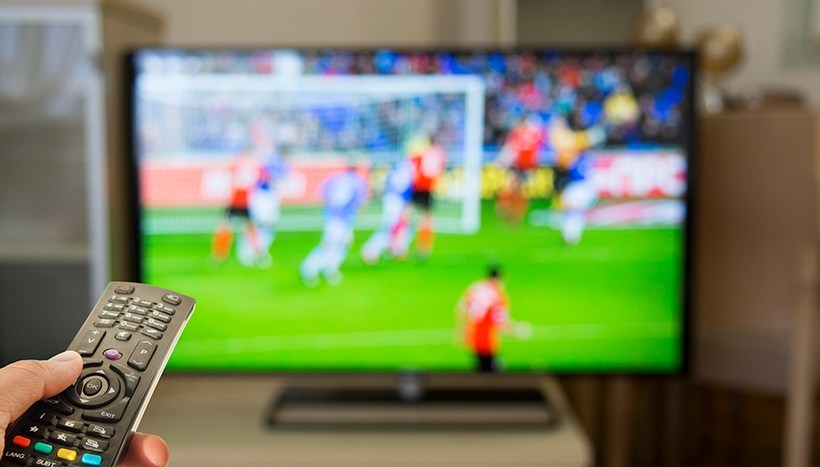
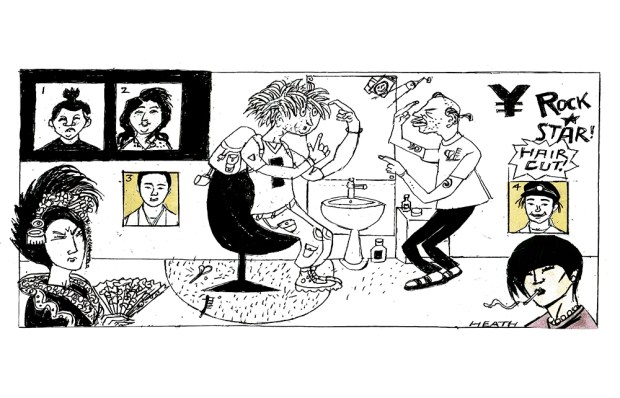
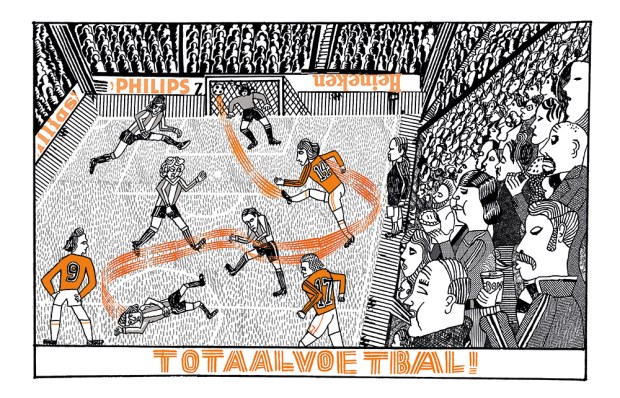
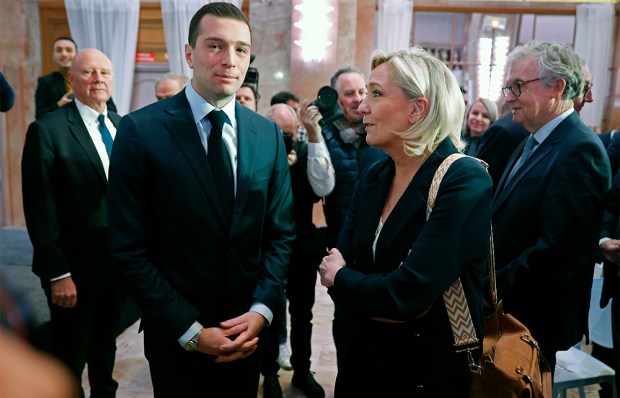

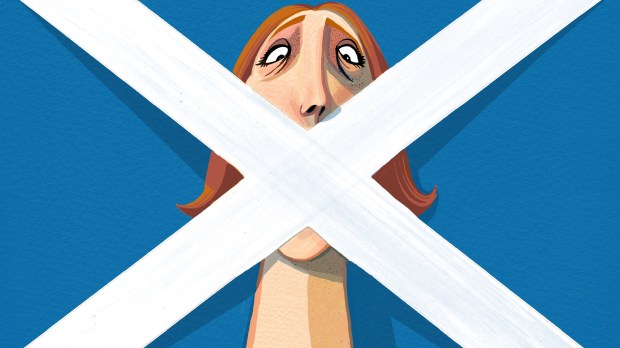
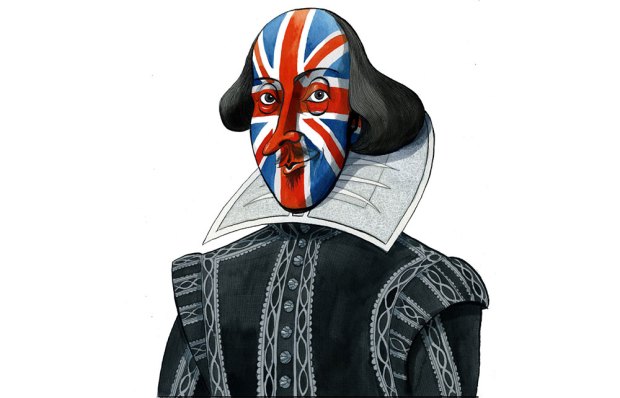






Comments
Don't miss out
Join the conversation with other Spectator Australia readers. Subscribe to leave a comment.
SUBSCRIBEAlready a subscriber? Log in